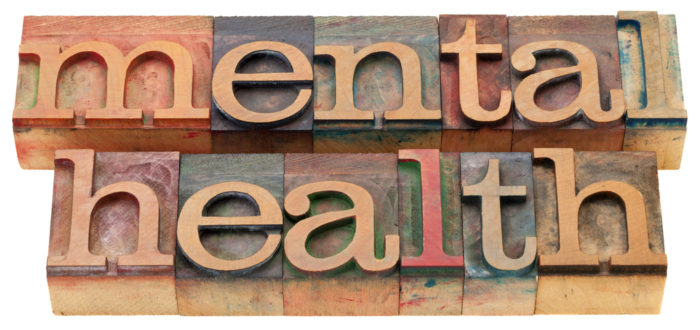Up to 15% of Americans over the age of 18 report having some difficulty hearing. When left untreated, hearing loss can have a significant impact on our quality of lives.
Relationships, communication and employment are just a few parts of life that can be impacted by hearing loss. One area of research is looking at how hearing loss can impact your mental health.
How Does Hearing Loss Impact Us?
Hearing loss impacts our lives in a number of ways. Communication becomes more challenging. This in turn can make social interaction more difficult. Even something that once used to be a routine errand, like running to the grocery store, can be tough.
On any given day, someone with hearing loss may experience difficulty:
- Hearing the phone or an alarm
- Understanding a conversation when multiple people are speaking
- Hearing with background noise
- Understanding customer service individuals
- Enjoying a meal out
For people with normal hearing, it’s all too easy to assume that turning up the volume resolves the problems. But for people with hearing loss, volume is not the only concern. The environment plays a big role, as can other stressors.
To put it simply – hearing loss can really impact our quality of lives.
Research is also increasingly showing the impact of untreated hearing loss on our mental health.
Hearing Loss & Your Mental Health: What’s The Connection?
Up to 1 in 5 adults in America experience a mental illness. Some of the more common mental illnesses that affect Americans include:
- Anxiety disorders
- Depression
Researchers have been looking at the link between hearing loss and your mental health. A study published by Clear Living looked at the impact of hearing loss on mental wellbeing and lifestyle. The study had one clear takeaway: “addressing hearing problems appropriately always leads to a happier and healthier lifestyle.”
The study looked at 3,767 respondents. They found that:
- 89% of participants ranked personal and social problems as the most common impacts of their hearing loss.
- 40% of respondents cited poor conversation as the biggest negative side effect of hearing loss.
- 58% reported their relationships had suffered due to the hearing problems.
- 75% reported uncertainty and concerns around purchasing a hearing aid device.
The figures are clear – hearing loss had a significant impact on the study participants. Subsequently, it causes a variety of emotional responses. The study highlighted that common emotions experienced included:
- Frustration
- Fear
- Anxiety
In some cases, the pressures of untreated hearing loss can result in depression. The National Institute of Occupational Safety and Health (NIOSH) also notes that hearing loss is strongly associated with depression.
Untreated hearing loss can impact our mental health as well as our overall wellbeing. But the takeaway isn’t all bad. Research has also shown that treating a hearing loss can minimize the impact it has on your quality of life.
Get Your Hearing Checked at Hearing Services of Delaware
Stay on top of your hearing health with regular hearing assessments. Book an appointment with the hearing specialists at Hearing Services of Delaware today. We are here to help! Contact us today to schedule an appointment with one of our certified hearing care professionals.

